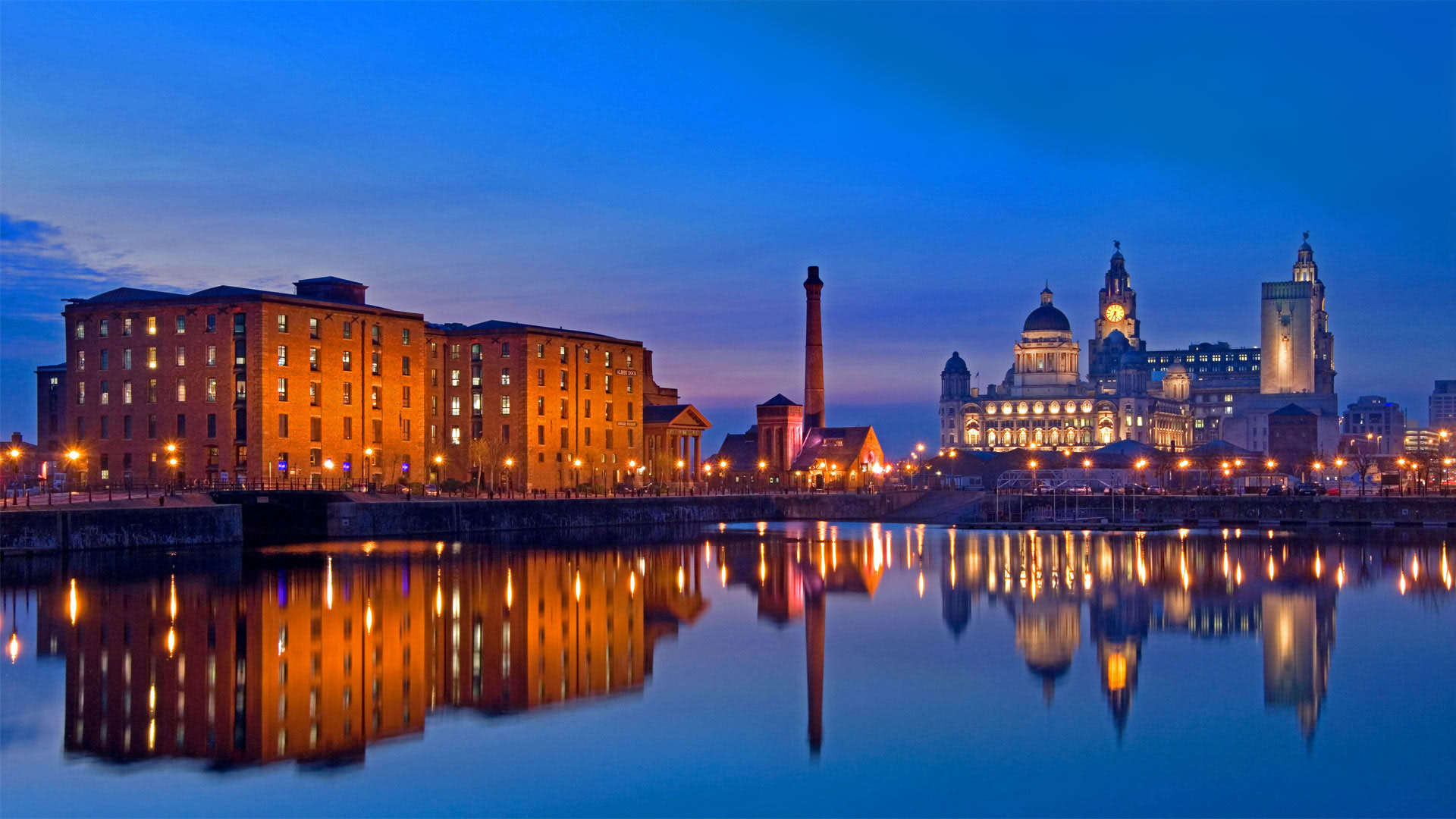Understanding the Pros and Cons of Albania’s Incinerator Project
Albania is a country that is constantly facing environmental challenges, one of them being the management of waste. With a growing population and increased urbanization, the country is producing a significant amount of waste, leading to the need for better waste management solutions. One of the solutions that has sparked a lot of debate is the construction of an incinerator. Incineration is the process of burning waste materials to convert them into ash, flue gas, and heat. This article aims to provide a comprehensive understanding of the pros and cons of Albania’s incinerator project.
Pros of the Incinerator Project
1. Waste Reduction: One of the main advantages of an incinerator is that it can significantly reduce the volume of waste. By burning the waste, the incinerator can reduce its volume by up to 90 percent, which can help in addressing the issue of overflowing landfills.
2. Energy Generation: Incinerators can also produce energy in the form of heat and electricity. The heat generated from burning waste can be used to generate steam, which can then be used to produce electricity. This can help in reducing the reliance on fossil fuels and contribute to a more sustainable energy mix.
3. Landfill Reduction: With the reduction in the volume of waste, incinerators can help in reducing the need for new landfill sites. This is crucial in a country like Albania, where the availability of suitable landfill sites is limited.
4. Economic Benefits: The construction and operation of incinerators can create job opportunities and stimulate the local economy. It can also reduce the costs associated with waste management, such as transportation and landfill maintenance.
Cons of the Incinerator Project
1. Air Pollution: One of the main concerns with incinerators is the emission of air pollutants such as dioxins, furans, and heavy metals. These pollutants can have negative impacts on human health and the environment, leading to respiratory problems, cancer, and soil contamination.
2. Greenhouse Gas Emissions: Incinerators also release greenhouse gases such as carbon dioxide and methane, contributing to global warming and climate change. This goes against Albania’s commitment to reducing its carbon footprint and transitioning to renewable energy sources.
3. Waste Hierarchy: Incineration contradicts the waste hierarchy, which prioritizes waste reduction, reuse, and recycling over disposal. Critics argue that investing in incineration may divert resources away from more sustainable waste management solutions.
4. Public Opposition: The construction of incinerators often faces strong opposition from local communities and environmental activists. Concerns about health risks, pollution, and the lack of public consultation can lead to protests and legal challenges.
Frequently Asked Questions (FAQs)
Q: Will the incinerator be built in a densely populated area?
A: The location of the incinerator has been a subject of debate, with concerns raised about its proximity to residential areas. It is important for the government to consider the potential impact on public health and the environment when selecting the site for the incinerator.
Q: What measures will be put in place to minimize air pollution from the incinerator?
A: The government and the private company responsible for the incinerator should implement state-of-the-art pollution control technologies to minimize the emission of air pollutants. This includes the use of proper filtering systems and monitoring equipment to ensure compliance with air quality regulations.
Q: How will the incinerator project impact recycling efforts in Albania?
A: There are concerns that investing in incineration may discourage efforts to promote recycling and waste reduction. The government should develop policies and incentives to promote recycling alongside the incinerator project, ensuring a balance between waste management strategies.
Q: What are the alternatives to incineration for managing Albania’s waste?
A: Albania should explore alternative waste management solutions such as composting, anaerobic digestion, and mechanical biological treatment. These methods can help in reducing the volume of waste and recovering valuable resources such as organic matter and energy.
In conclusion, the construction of an incinerator in Albania is a complex and controversial issue that requires careful consideration of its pros and cons. While incineration can offer benefits such as waste reduction and energy generation, it also raises concerns about air pollution, greenhouse gas emissions, and public opposition. It is crucial for the government to engage with stakeholders and conduct a thorough assessment of the environmental and social impacts of the incinerator project before moving forward. Balancing the need for effective waste management with the protection of public health and the environment is essential for a sustainable and resilient future for Albania.
Understanding the Pros and Cons of Albania’s Incinerator Project




